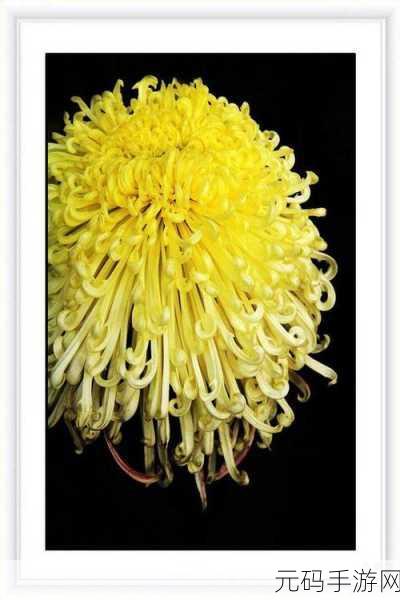答错一题的惩罚与游戏心理
许多人在参与问答类游戏时,一定会经历“脑袋短路”的瞬间,尤其是在频繁作答中,难免出现错误。这种戳心的感觉往往带来一种无形的压力。为了增加趣味性,不少玩家设立了类似于“菊花放一支笔”的规则,以此作为对错误回答的小惩罚,这不仅是一种幽默表达,也反映出人们处理失败的一种方式。
调节情绪的方法
面对失误,人们常常需要找到合适的方法去调节自己的情绪。在这个过程中,可以尝试通过幽默感来自我解嘲。“菊花放一支笔”这样的说法,通过一些夸张和戏谑,可以减轻紧绷氛围,让原本不愉快的体验变得更加易于接受。同时,在这种恶搞式惩罚下,大家更容易团结成一个团队,共同应对接下来的挑战。

培养学习兴趣的重要性
将游戏化元素引入到知识学习中,有助于激发玩家或学生对于新知识探索的热情。当每一次回答都伴随着一定风险,比如被迫接受某个小惩罚,自然而然地就形成了一种刺激效应,使得他们更愿意投入时间以提升自己。在这一过程中,“答错一题、菊花放一支笔”的理念可以成为提高积极性的工具之一,从而促进有效学习。
增强团队凝聚力
This approach not only fosters individual learning but also strengthens team bonds. When players or participants share the experience of “punishments,” it creates a sense of camaraderie and shared struggle. They may laugh together, tease each other about their mistakes, and ultimately grow closer as they navigate through challenges in unison.

文化背景中的相似现象
An exploration into various cultures shows that similar punishments are often present in educational settings or games across the globe. From light-hearted consequences for making mistakes to playful banter exchanged among peers, these practices serve multiple purposes: enhancing engagement, reducing anxiety surrounding errors, and promoting social interaction.
Learners’ Mindset Shift Through Playfulness
The concept of incorporating playful elements into serious tasks can shift learners' mindsets significantly. By reframing mistakes as opportunities within a game-like context—where there’s laughter after losing points—the fear associated with getting things wrong diminishes considerably. This encourages individuals to take risks without being overly concerned about penalties.



